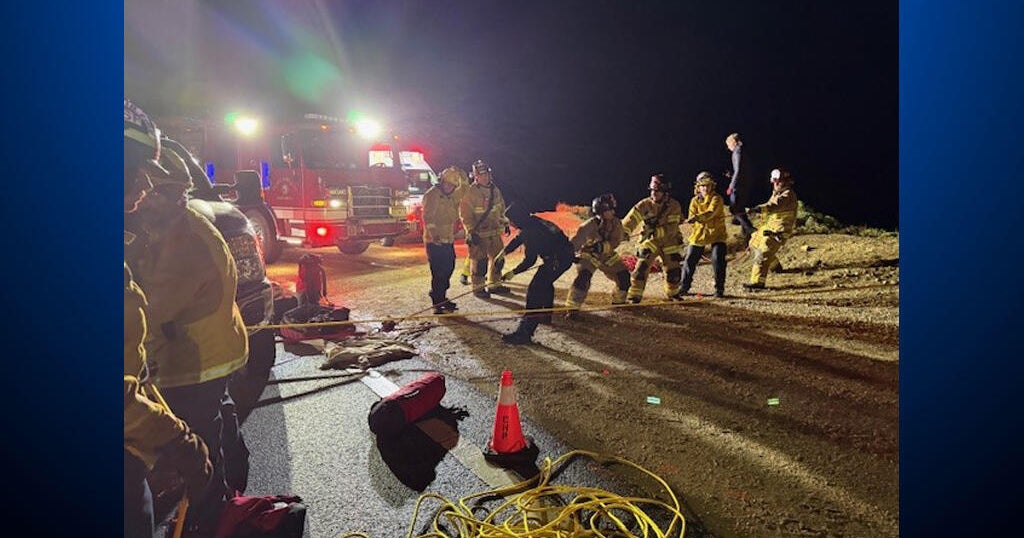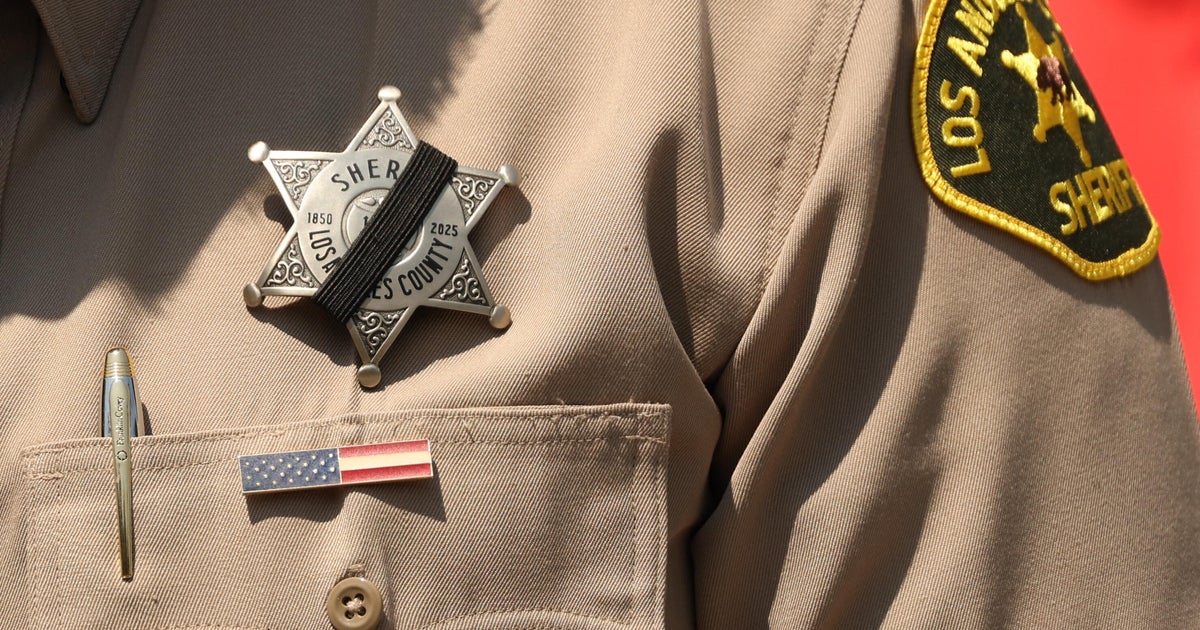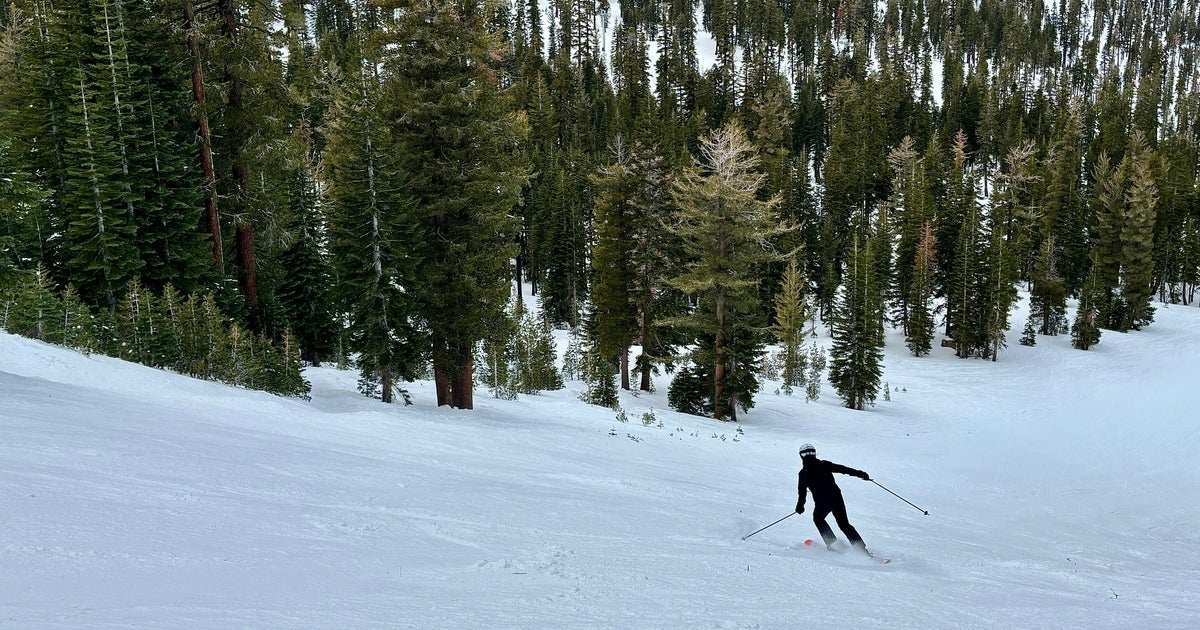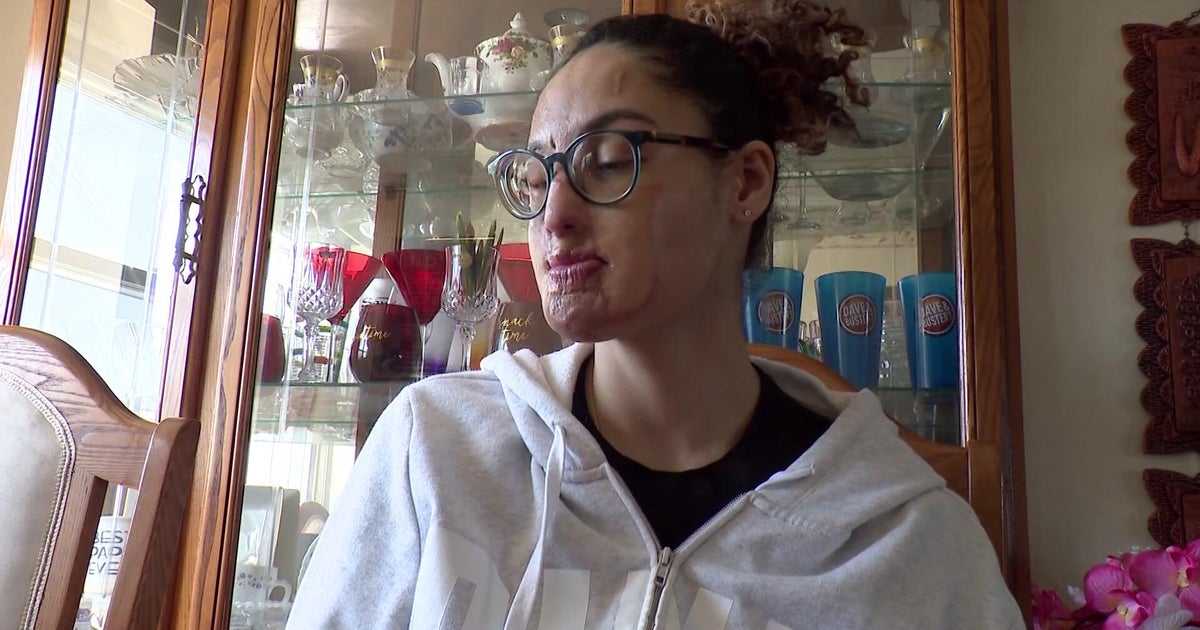Shark That Killed UCSB Student May Have Been Great White
LOS ANGELES (CBS/AP) -- The huge shark that attacked and killed a body-surfer off the central California coast may have been a great white, a spokesman for the local sheriff's office said.
The victim, Lucas Ransom, 19, was body-boarding two feet away from his friend, Matthew Garcia, who was surfing. Garcia says he heard a desperate cry for help. Within seconds, a shark flashed out of the water, bit into Ransom's leg and pulled him under in a cloud of blood.
"When the shark hit him, he just said, 'Help me, dude!' He knew what was going on," Garcia told the Associated Press as he recounted his friend's death. "It was really fast. You just saw a red wave and this water is blue - as blue as it could ever be - and it was just red, the whole wave."
As huge waves broke over his head, Garcia tried to find Lucas Ransom in the surf, but couldn't. He decided to get help, but turned around again as he was swimming to shore and saw Ransom's red body-board pop up. Garcia swam to his friend and did chest compressions as he brought him to shore.
The 19-year-old already appeared dead and his leg was mauled, he said.
"He was just floating in the water. I flipped him over on his back and under-hooked his arms. I was pressing on his chest and doing rescue breathing in the water," Garcia said. "He was just kind of lifeless, just dead weight."
The University of California, Santa Barbara, junior had a severe wound to his left leg and died a short time later on Surf Beach, the Santa Barbara County Sheriff's Department said in a statement.
The beach, 130 miles northwest of Los Angeles, is on the property of Vandenberg Air Force Base, in Lompoc, Calif., but is open to the public.
Sheriff's deputies patrolled the coastline to search for Ransom's missing leg but were only able to recover the body-board, which had a 1-foot segment on the side bitten off.
Federal and state Fish and Game officials were working to identify the type of shark that attacked Ransom.
"The size of the teeth and the width (of the bite in the body-board) are going to help the experts determine what kind of shark this is," Drew Sugars, of the Santa Barbara County Sheriff's Office, told Chris Wragge on CBS' "The Early Show" Saturday morning.
"We have not determined the type. The witness (Garcia) did say that the top of the shark was gray, the bottom was white. This is typically a great white, but we're not in a position to confirm that, Hopefully, by Monday, we'll be able to determine what type of shark this is, but the teeth marks will help us in that determination."
Sugars says officials hope the shark itself "is long gone. We're not going to search for it at this point."
As is protocol at Vandenberg, he adds, the beach involved will be closed for three days. Nearby beaches have warning signs posted but remain open.
The ocean was calm and beautiful before the attack, with large wave sets that the friends had been tracking all week as they moved down the West Coast from Alaska, Garcia said.
The shark, which breached the water on its side, appeared about 18 feet long, Garcia said.
"There was no sign, there was nothing. It was all very fast, very stealth," said Garcia, 20.
Authorities have issued several warnings this year after great white shark sightings up and down the California coast.
There have been nearly 100 shark attacks in California since the 1920s, including a dozen that were fatal, according to the California Department of Fish and Game. But attacks have remained relatively rare even as the population of swimmers, divers and surfers sharing the waters has soared.
The last shark attack on Surf Beach was in 2008, when what was believed to be a great white shark bit a surfer's board. The surfer was not harmed.
The last fatal attack in California was that same year, when triathlete David Martin, 66, bled to death after a great white shark bit his legs about 150 yards off of a San Diego County beach.
Randy Fry, 50, died from a great white attack in 2004 while diving off the coast of Mendocino, north of San Francisco Bay.
In 2003, a great white shark killed Deborah Franzman, 50, as she swam at Avila Beach, about 30 miles north of Vandenberg.
(© CBS Broadcasting Inc. All Rights Reserved. This material may not be published, broadcast, rewritten or redistributed. The Associated Press contributed to this report)







